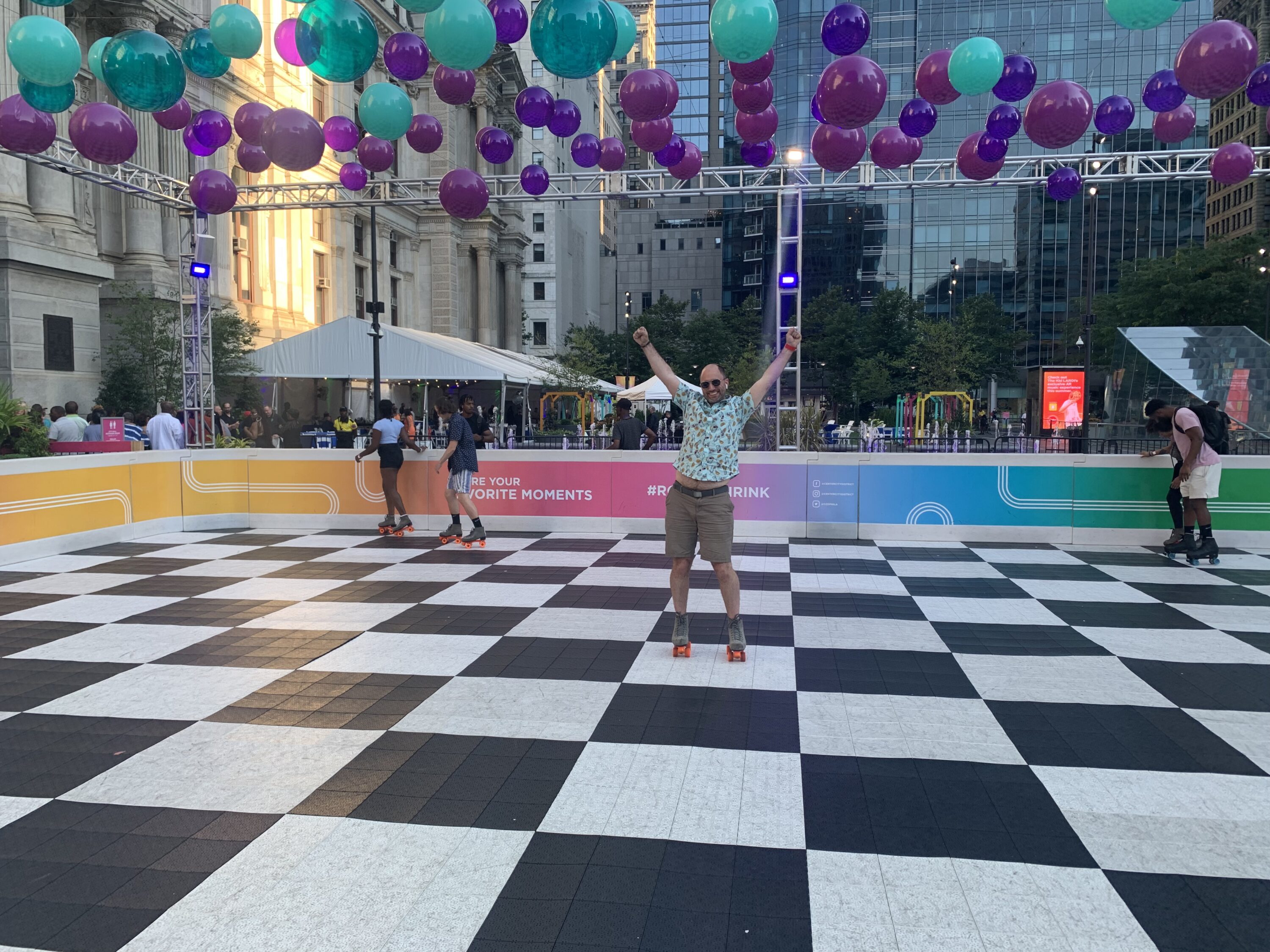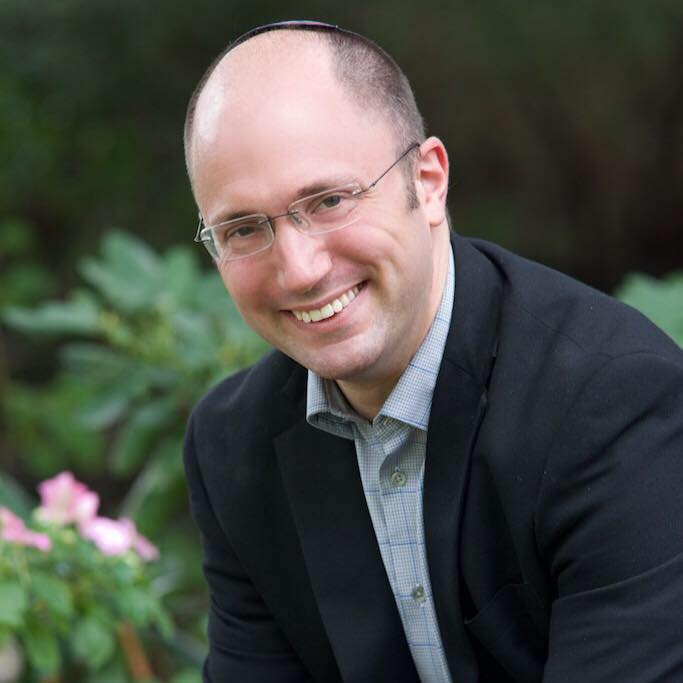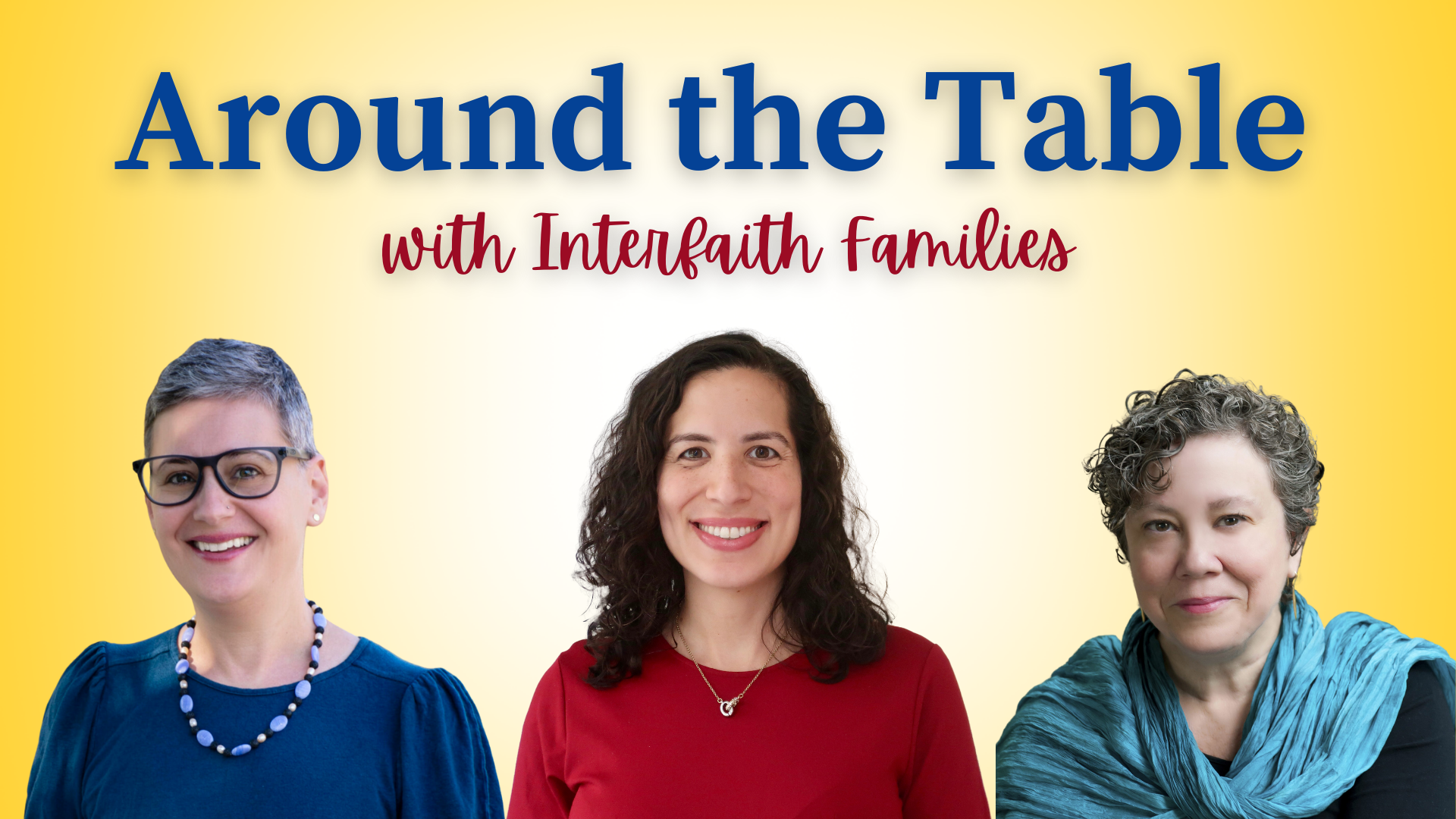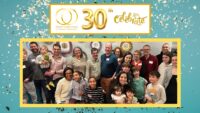By Rabbi Ari Y. Saks, Co-host of the podcast “Interfaithing: Why Families Can Embrace Two Faiths Under One Roof.”
I am excited and humbled to be invited by the Interfaith Families Project leadership to deepen my connection with the IFFP community through regular blog entries. As a rabbi deeply rooted in the Conservative Jewish tradition, I’ve embarked on a transformative journey that’s led me to champion interfaith families. This path, while unexpected, has become a calling that aligns perfectly with my belief in the power of faith to unite rather than divide.
The Conservative Roots of an Interfaith Advocate
My story begins in the heart of Conservative Judaism. As a third-generation rabbi, I grew up immersed in Jewish tradition, learning from my grandfather’s legacy of social justice and my father’s love for our faith. This upbringing instilled in me a deep connection to Judaism that has been the foundation of my life’s work.
But it was during my time in Israel, amidst political turmoil and personal reflection, that I began to question the role of a rabbi in America. I realized that our unique position as a collection of cultures and faiths presented an opportunity to bridge divides and create understanding.
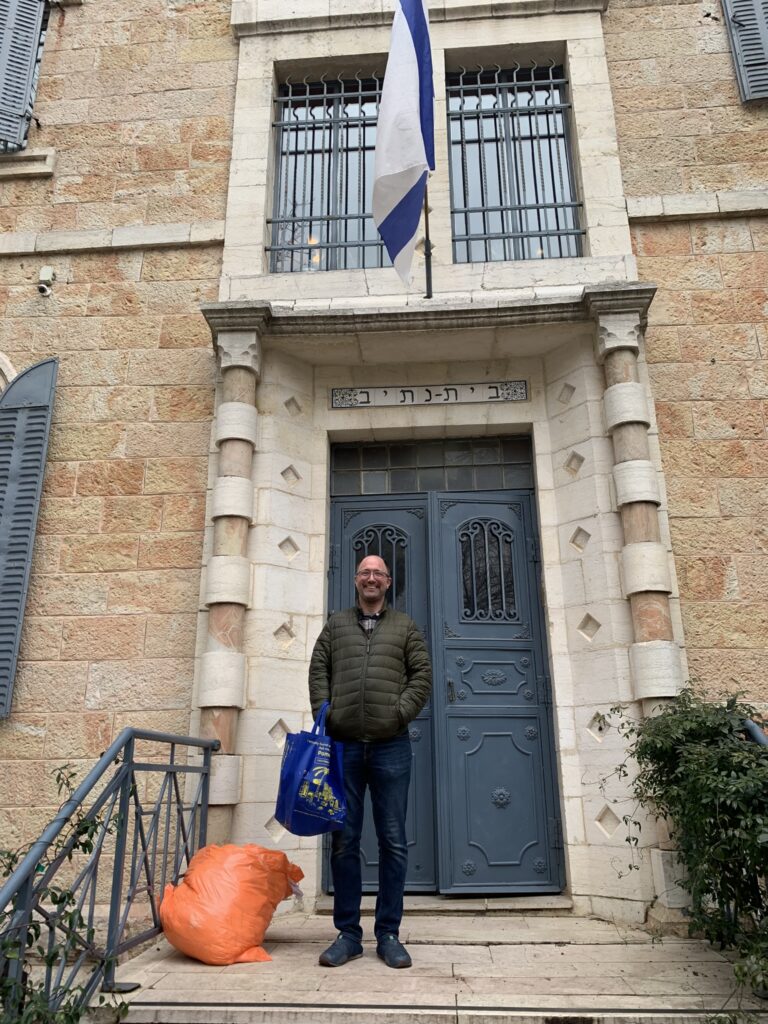
The Calling to Serve Interfaith Families
My journey to supporting interfaith families wasn’t a rejection of my Conservative roots, but rather an evolution of them. I saw the potential for interfaith families to embody the very essence of what Conservative Judaism taught me about what it means to be Jewish in America – to live alongside diverse faiths in harmony while maintaining our own traditions.
This realization led me to start co-officiating interfaith weddings, a decision that has opened my eyes to the beauty and complexity of these unions. Each ceremony is a chance to create a framework for families to embrace multiple faith traditions, honoring both their differences and their shared values.
Debunking Myths and Embracing Possibilities
Through my podcast “Interfaithing,” co-hosted with Anna DeWeese, we’ve tackled the myths that most – if not all – members of the IFFP community have faced at one time or another, and that often hold interfaith families back from embracing their faith traditions as a family unit:
- Judaism and Christianity are too different: We explore how these traditions can coexist and enrich each other.
- Interfaith families create a new religion: We emphasize that it’s possible to maintain distinct traditions while sharing a life together.
- Children will be confused: Like you have witnessed with your children, we’ve seen firsthand how children in interfaith families often have a deeper understanding of faith and tolerance.
- Interfaith couples don’t care about religion: In reality, these couples often think more deeply about their faiths than those who never have to navigate these differences.
- You’re a traitor to your faith: We challenge this notion, showing how interfaith families can strengthen and expand religious communities as you do by being members of IFFP.
The Power of Interfaith Dialogue
One of the most beautiful aspects of interfaith families is the natural dialogue that occurs. As Reverend Sam once said, “interfaith dialogue is what she called dinner growing up.” This organic exchange of ideas and traditions is a powerful tool for building understanding and respect.
Creating New Traditions
Interfaith families have the unique opportunity to create new traditions that honor both of their backgrounds. I’m particularly excited about a Shabbat agape liturgy I’ve co-created with Reverend Kate Schneider, an Episcopalian minister. This blend of traditions exemplifies the creative potential of interfaith relationships.
A Vision for the Future
My work with interfaith families has shown me the transformative power of love and understanding across religious boundaries. I’ve witnessed moments of healing and reconciliation that give me hope for a world where faith brings people together rather than divides them.
As Miranda Hovemeyer from IFFP pointed out, interfaith families often end up learning more about their own traditions and those of their partners than people who never leave their religious sphere. This deepening of faith and understanding is a gift not just to these families, but to our wider communities.
A Call to Action
Over the course of the year you can look forward to hearing stories, reflections, and teachings from me that emphasize the significance of embracing two faiths under one roof. Anna and I invite you to listen to our podcast and to join Interfaithing’s Patreon community for FREE so that together, IFFP and Interfaithing can be at the forefront of building a movement that redefines what it means to be faithful in a diverse world.
Together, we can create a future where interfaith families are not just accepted, but celebrated as beacons of hope and understanding in our communities. Let’s embrace the beauty of our differences and the strength of our shared humanity.
